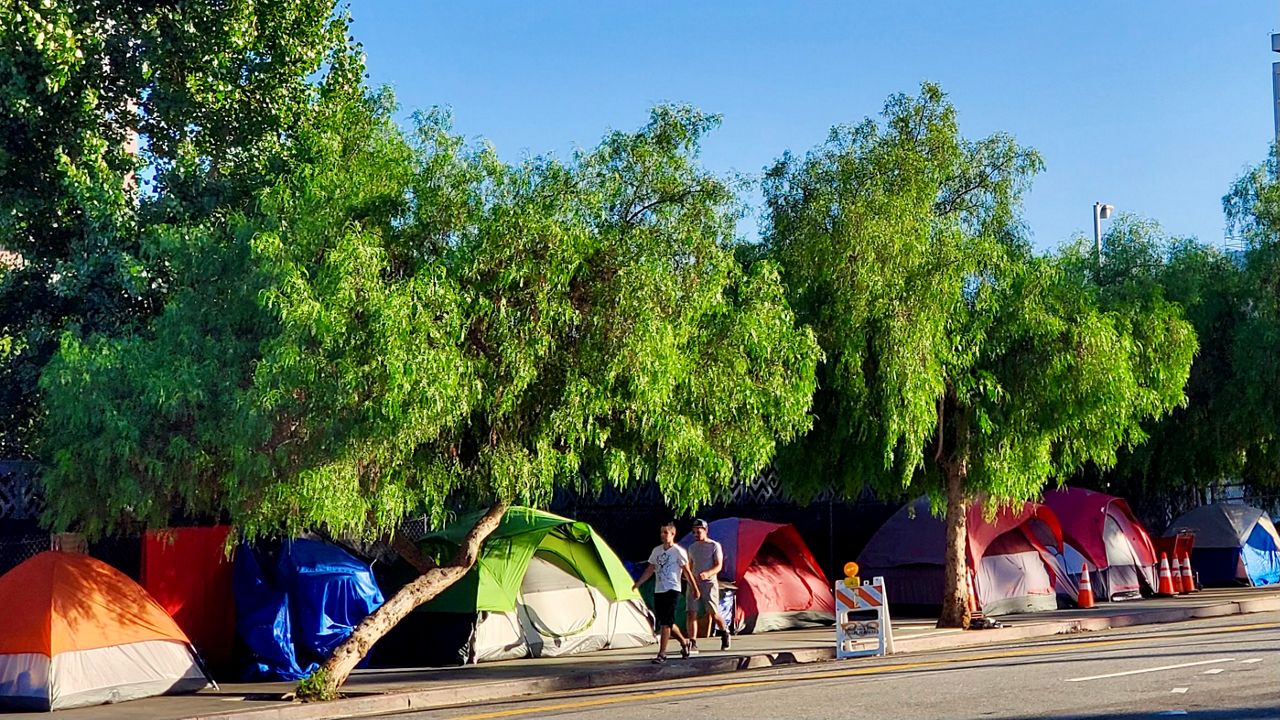LOS ANGELES — New training for all Los Angeles city employees could be coming online, as the LA City Council Wednesday approved several recommendations aimed at strengthening efforts to prevent human trafficking of homeless youth.
On an 11-0 vote, the city council approved a Community Investment for Families Department report outlining ways the city could better support homeless youth. Council members Heather Hutt, Curren Price, Hugo Soto-Martinez and Nithya Raman were absent during the meeting.
Council members asked for a report back on a plan that would establish general training for all city employees regarding resources and materials on sex and labor trafficking. A specialized training curriculum will also be developed for departments that engage with the public and for city-funded homeless outreach teams.
Relevant city departments will provide a report back on the feasibility and cost of creating materials in 14 of the city's most spoken languages that would then be posted in city buildings and provided to businesses.
As part of the recommendations, CIFD will report back on the feasibility and cost of expanding residential shelter, non-residential services and the creation of a financial education program for youth at risk of trafficking.
Council members asked staff to include a mobile case management model, which would ensure youth who participate get the services and support they need regardless of their location.
The city will explore establishing a second Guaranteed Basic Income program that would focus on homeless individuals, specifically tailored for survivors of domestic abuse and Transition Aged Youth, referring to a demographic spanning ages 15-26.
A 2016 study, conducted by Loyola University New Orleans and the Modern Slavery Research project, focused on homeless and runaway youth accessing services through shelters, transition living and apartment programs, and drop-in centers across the country.
The study found that nearly one in five of the young adults, or about 19%, were victims of human trafficking. In Los Angeles, 10% of youth experiencing homelessness were found to have been involved in human trafficking, and 25% engaged in some form of commercial sex.
The study also showed that 91% of respondents reported being approached by strangers or acquaintances who offered work opportunities that were actually scams, pandering, fraud or sex trafficking.
CIFD noted in its report that data shows a connection between homeless youth and the risk of being trafficked — as individuals with no support can more easily fall victim to anyone who would want to harm or abuse them.
According to the 2022 Greater Los Angeles Homeless Count, 17% of transition-aged homeless youth also experienced human trafficking in the city.
The report stems from a motion introduced by Council members Traci Park and Monica Rodriguez last year, which sought additional solutions to prevent human trafficking among homeless youth.



